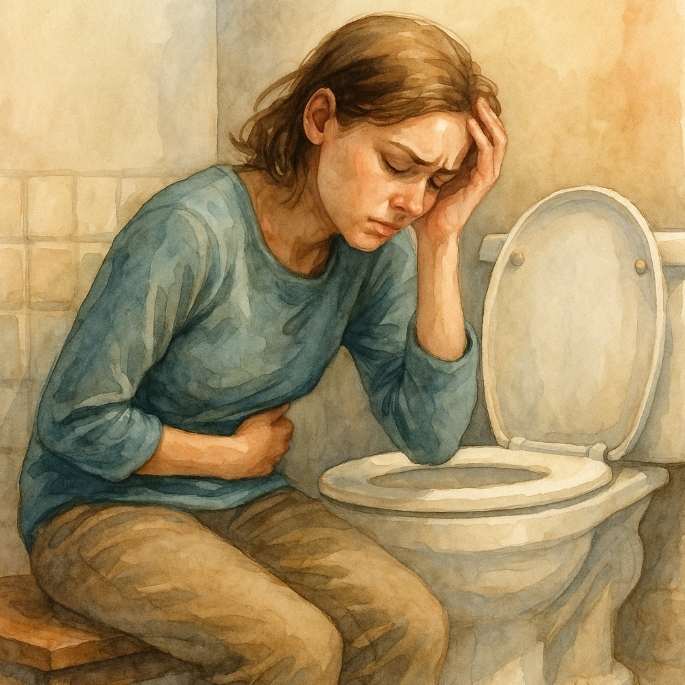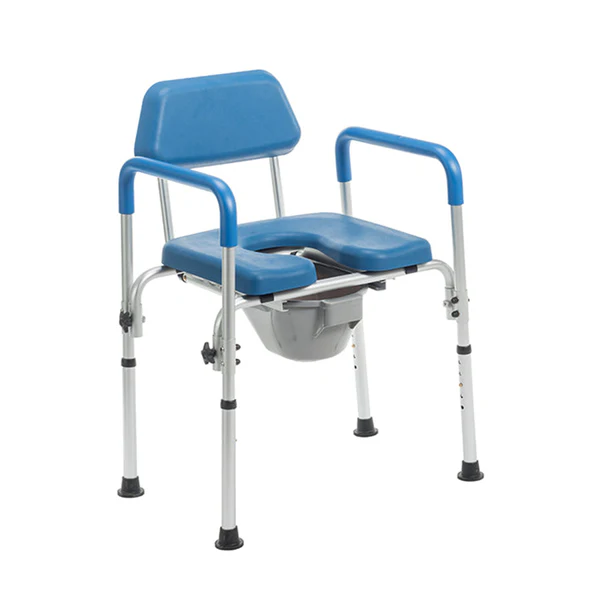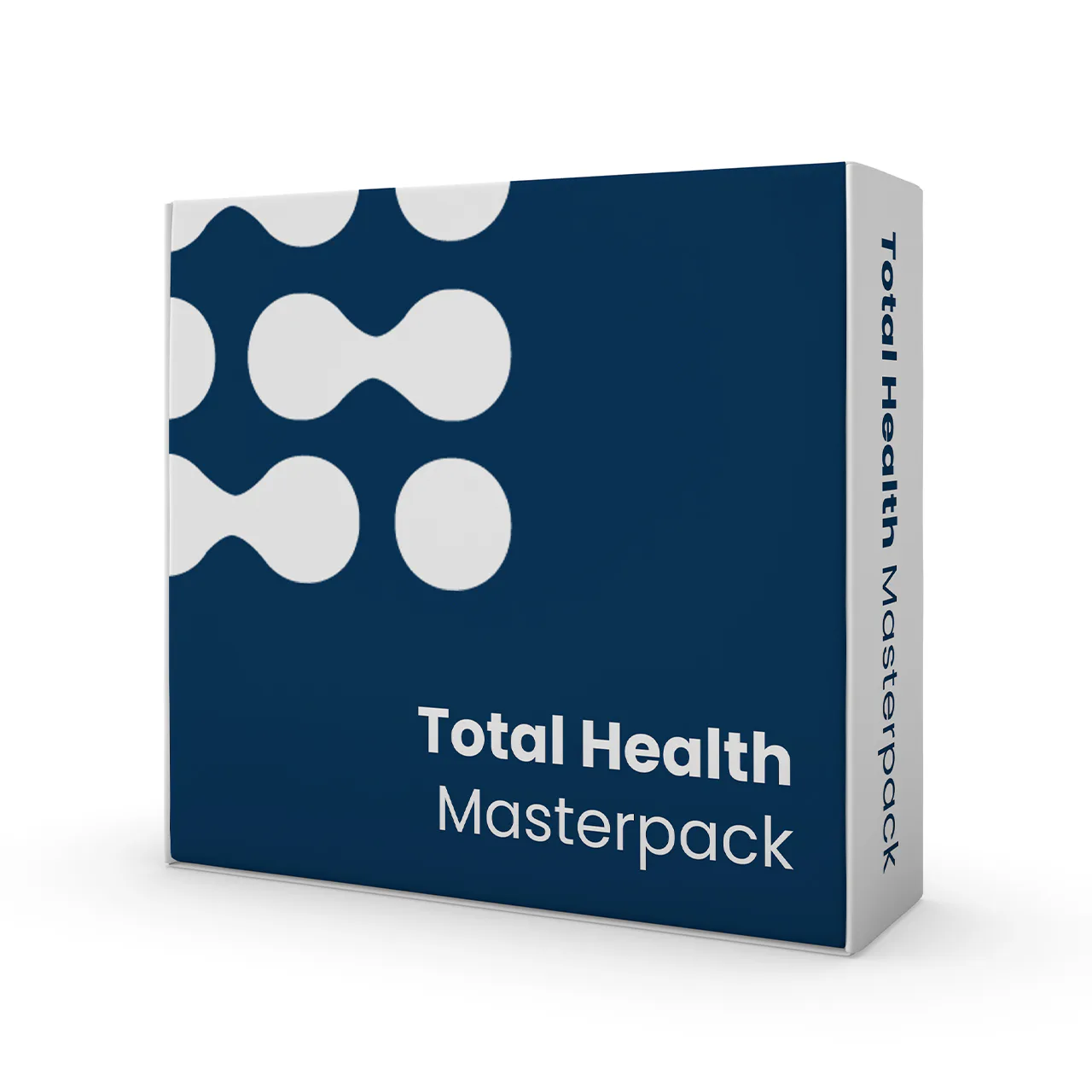Grieving Gastrointestinal Illness: When Nourishment Turns into a Struggle
Grief in gastrointestinal illness is slow and hidden, mourning the meals skipped, the plans canceled, and the quiet wars fought inside.

This post blends real grief with grounded knowledge. It isn’t clinical. It isn’t distant. It’s meant to sit beside you—not above you. The story you’ll read is meant to reflect what so many feel when living through or witnessing this condition: confusion, exhaustion, and quiet forms of courage.
If what you read feels familiar, please speak with your doctor. Your pain deserves more than silence.
She Feared Every Bite and Every Table We Sat At
She used to adore food… That’s when I first realized something was amiss, before the doctors arrived, before the tests that revealed the truth, before the blood that eventually laid bare the damage no one could overlook.
She was the type of person who experienced every bite with her entire being. Each meal was a narrative. She would hum when the spices were just right, and close her eyes as if the world paused for a sprinkle of cinnamon. I remember once she cried over a bowl of pho because it reminded her of her grandmother’s kitchen. Food was her passion, her delight. And then… it all changed.
🧠 Symptoms:
Vomiting blood (hematemesis), which may appear bright red or resemble coffee grounds
– Black, tarry stools (melena)
– Bright red blood in stool (hematochezia)
– Fatigue and weakness
– Shortness of breath
– Dizziness or fainting
– Abdominal pain or cramping
Initially, it was the small things—a tendency toward bland orders, and half-eaten plates. She would claim her stomach “felt off,” suggesting it was just the signs of getting older or simply stress.
But I noticed…
I saw how she clutched her side after dinner, how she began sleeping more, and how her skin gradually lost its vibrancy as if the essence within her was fading.
She kept dismissing my concerns, blaming fatigue, promising she’d call a doctor next week, insisting it wasn’t urgent.
There was nothing theatrical about it. No dramatic crimson pool on the floor, no horror-movie moment. Just a slow, silent decline. A quiet unraveling.
Complications:
– Anemia
– Hypovolemic shock
– Organ failure
– Death if bleeding is severe and untreated
Causes:
upper_gi:
– Peptic ulcers
– Esophageal varices
– Gastritis
– Esophagitis
– Mallory-Weiss tears
lower_gi:
– Diverticulosis
– Hemorrhoids
– Anal fissures
– Inflammatory bowel disease (Crohn’s disease, ulcerative colitis)
– Colon polyps or colorectal cancer
– Angiodysplasia
The truth first revealed itself in the bathroom. Black, tar-like. Then came the vomiting, dark and acrid, reminiscent of coffee grounds mixed with iron.
By that point, she could hardly stand. Her lips were pale; her hands trembled. I carried her to the car, whispering promises I wasn’t sure I believed. The ER doctor stated, “massive upper GI bleed,” and told us she was fortunate to have made it in time.
Fortunate. As if any of this could be considered luck.
They infused her with blood, not her own. Tubes and scopes, and who knows what else, were inserted into her body as they attempted to locate the source of the problem.
I sat in a plastic chair, pondering how long she had silently endured the bleeding while smiling through dinner. How many nights did she swallow pain to spare me worry? How many times I had asked, “Are you okay?” and took her “Yeah” at face value because I wanted so desperately to believe her.
Eventually, they found it, a small ulcer. Easily overlooked. Silent until it became unbearable.
She recovered. In a way. The body has a remarkable capacity to heal. Yet something within her shifted. She no longer hums while eating or sheds tears over broth. Now, she studies menus like they’re full of hidden dangers, and every restaurant table we occupy feels like a roll of the dice.
Because once your own body attempts to drain you without warning, trust becomes elusive. Comfort feels foreign.
Risk Factors:
– Chronic use of NSAIDs or aspirin
– Excessive alcohol consumption
– Smoking
– Liver disease (e.g., cirrhosis)
– Older age
– Helicobacter pylori infection
– Blood clotting disorders
Even the things once cherished begin to taste like a looming risk.
📘 Diagnosis & Treatment
diagnosis:
– Physical examination and medical history
– Blood tests (complete blood count, coagulation profile)
– Endoscopy (upper or lower)
– Imaging studies (CT scan, angiography)
– Stool tests for occult blood
treatment:
– Stabilization with IV fluids and blood transfusions if necessary
– Proton pump inhibitors for upper GI bleeding
– Endoscopic interventions (e.g., cauterization, clipping)
– Medications to reduce portal hypertension in variceal bleeding
– Surgery in cases where endoscopic treatment fails
prevention:
– Limiting use of NSAIDs and aspirin
– Treating Helicobacter pylori infections
– Managing chronic conditions like liver disease
– Regular screening for colorectal cancer
– Avoiding excessive alcohol consumption
I know this is heavy, and I understand that the road ahead may feel like a tangle of loss and unanswered questions. But please hear this: you are not broken because you are hurting; you are not weak because you are afraid. You are living through something real, and survival itself is a kind of grace. You are allowed to struggle, you are allowed to hope, and you are allowed to not have all the answers today. Whatever comes next, you do not face it empty-handed; you carry every moment of love that shaped you, and that will always be enough to keep going.
🎀 Gifts to help With Gastrointestinal Illness
🏥 Everyday Comforts for Everyday Battles
Managing Gastrointestinal Illness often means needing a little extra help.
Sometimes it’s about restoring dignity, ease, or simply getting through the day with less pain.
These carefully chosen tools aren’t just items; they’re small bridges back to living.
This section is about finding practical support, never shame.
Bedside Commode with Splash Guard – Stability When the Bathroom Becomes an Emergency
GI bleeding often comes with urgency, weakness, and fall risk. This bedside commode offers safety and dignity for patients too fragile to make it to the bathroom in time. With a built-in splash guard and adjustable frame, it’s made for flare days, hospital recovery, or at-home care. Because when your gut’s in crisis, your footing shouldn’t be.
🌿 Paths to Healing Beyond the Map
Sometimes traditional medicine isn’t enough.
If you’re exploring gentle, alternative options to help with Gastrointestinal Illness,
you might find comfort in plant-based compounds like **CBD or CBG**.
*This section is not medical advice, just a door left open.*
USA Medical Total Support Pack – Recovery Help After the Bleed Slows Down
Once the bleeding stops, the body still needs time—blood loss, fatigue, and inflammation don’t vanish overnight. This Total Pack provides CBD, stress relief, and immune support to help rebuild from the inside out. Not for active bleeding. But for the days after, when the world expects you to bounce back, and you’re still just trying to stand.
Need a Different Path Forward?
Every journey through grief looks different. Choose the next step that speaks to where you are now:
When You're Ready to Start Healing
Healing doesn’t mean forgetting.
It means finding small ways to carry your grief with strength and grace.
These are the stories, tools, and gentle steps to begin walking forward…at your own pace.
When You're Still in the Thick of It
Sometimes healing feels like a lie.
If you’re not ready to move on…if the pain still roars louder than the world wants to hear…this is the place where you’re allowed to feel it.
No sugarcoating. No pretending. Just truth.
When You're Holding on to Who’s Still Here
Grief reminds us to love louder.
If someone you love is still with you, this is your place to celebrate them, honor them, and create new memories while there’s still time.
Joy and sorrow can live side by side.






